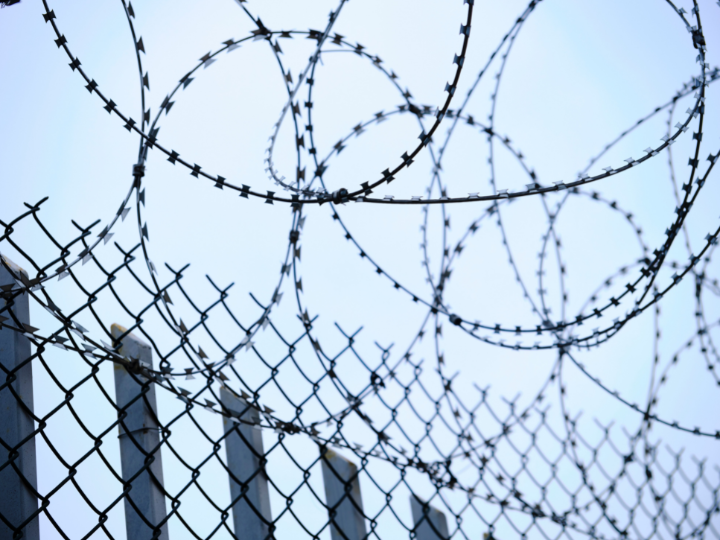by Nikolaus J. Kurmayer and Zoran Radosavljevic
The Austrian Chancellor Karl Nehammer wants to stop asylum seekers from picking and choosing the countries they apply for asylum in and is forming an alliance with Serbia and Hungary to that end.
A memorandum of understanding about pushing back illegal migrants away from the external borders of the EU was signed by leaders of Serbia, Hungary, and Austria on Wednesday.
The MoU was signed in Belgrade on Wednesday as Serbian President Aleksandar Vucic met with Hungarian Prime Minister Viktor Orban and Austrian Chancellor Karl Nehammer, Vreme reported.
The EU asylum system has failed, Nehammer told the press. “Asylum a la Carte” would have to end, and “asylum tourism” would have to be stopped, Nehammer added.
The summit saw Austria sign a memorandum of understanding with Serbia and Hungary, which is meant to bolster the cooperation between the three countries. The goal: fighting illegal migration, terrorism and organised crime while clearly separating asylum and migration.
Austrian asylum seeker numbers are triple those of last year. The Austrian conservative party OVP is looking to position itself as a “hawk” on migration and refugees ahead of the 2024 election, an approach that last saw it win in 2017.
People who come for economic reasons should be treated differently from those seeking protection, Nehammer stressed.
Nehammer referred to the pact as “a partnership against human trafficking”, although, Vreme reported, in reality, it is simply about stopping people who are seeking to start a new life inside the EU.
Vucic told a joint press conference after the signing that the action, which envisages deployment of a stronger police presence along Serbia’s southern border with North Macedonia, would start “before the end of the year.”
The three countries hope to send a strong signal to Brussels, Vucic highlighted. Neither Serbia nor Hungary is too popular in the EU these days, given their Russia-friendly policy.
Orban, for his part, insisted that migration “should be prevented, not managed,” adding that “we share our fate with Serbia” and working together was crucial in this “matter of survival.”
Orban said that 250,000 illegal border crossings had been stopped in Hungary this year, “aggressiveness is increasing, they are not only armed, but they are also using them”, Telex reported.
Hungary was in a particularly tricky situation as it receives both irregular migrants from Serbia and refugees from Ukraine, and the only way to stop this “is to say there is no crossing over our borders”, Orban added.
Hungary has continued to insist it has come under increased strain due to refugees fleeing the war from bordering Ukraine, but critics point out few actually choose to stay in Hungary, which has continued to pursue economic ties with Moscow even after Russia’s invasion.
Hungary has registered the least number of refugees from Ukraine for temporary protection out of the frontline countries, trailing Romania’s 85,456 with only 31,989 registrations. This number is also far below many other European countries, including Baltic and Nordic states, as well as countries in Western Europe, according to the latest data of the UN’s refugee agency, the UNHCR.
The initiative was widely mocked in Austria, as Hungary had received a mere 40 requests for asylum to date, while Austria received about 100,000.
This is the second meeting of the leaders in as many months, with the first Hungarian-Austrian-Serbian tripartite summit held in Budapest on 3 October, Telex reported.
*first published in: Euractiv.com




 By: N. Peter Kramer
By: N. Peter Kramer

